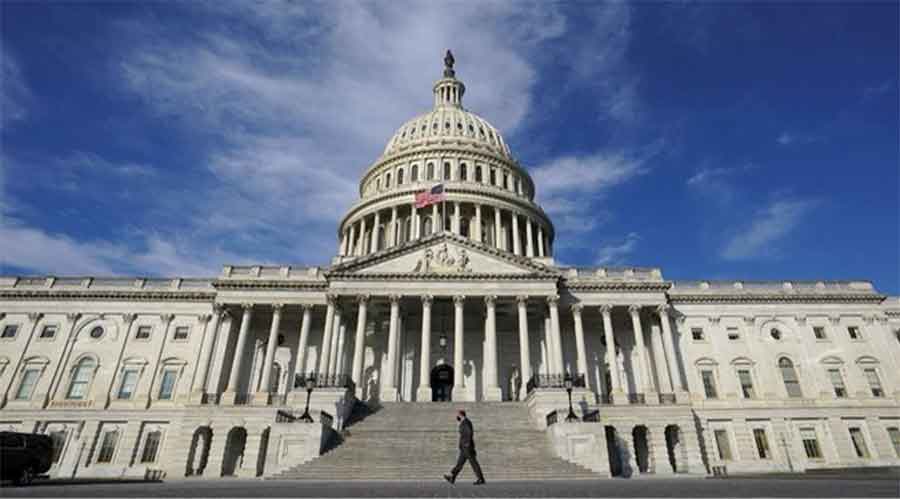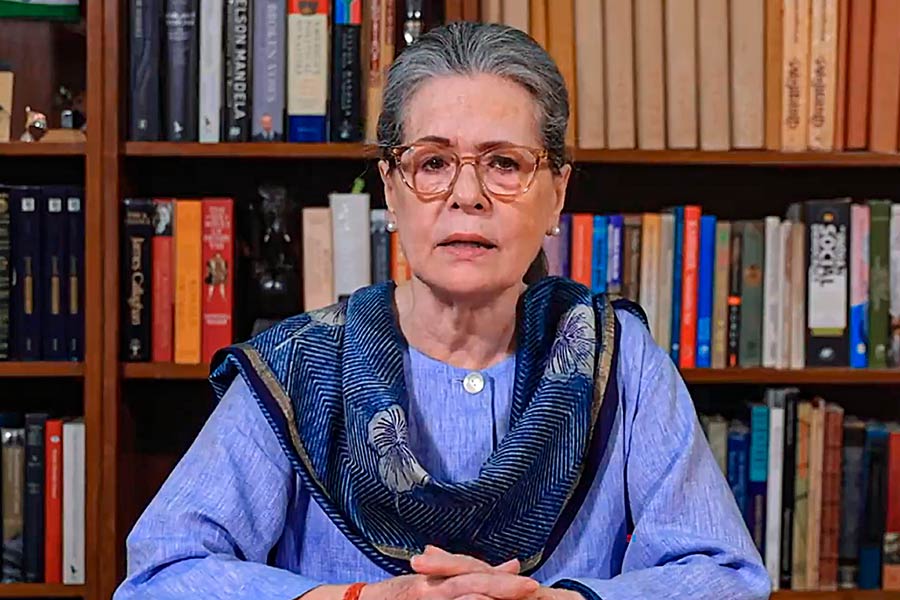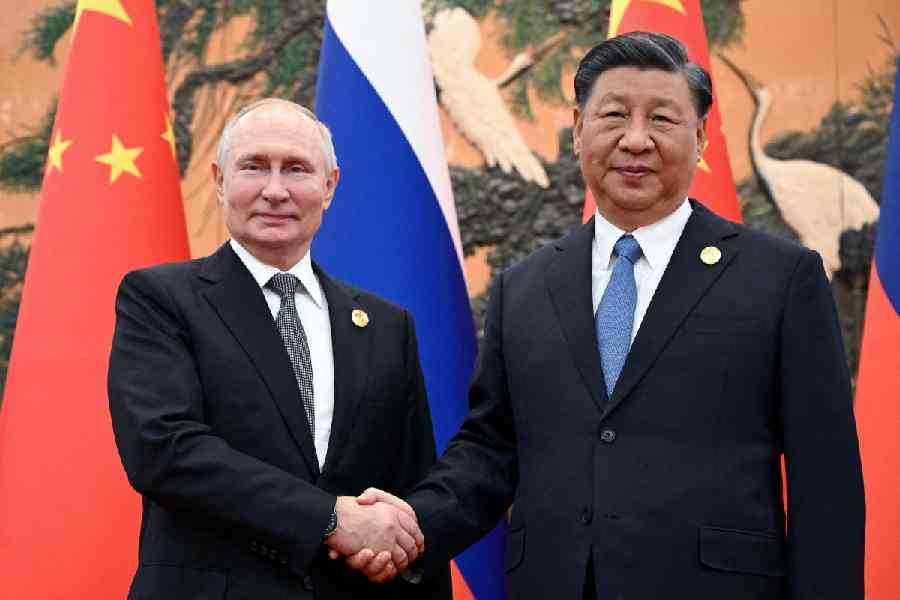A bipartisan group of lawmakers has introduced a legislation in the US House of Representatives and the Senate to strengthen America’s policy to jump-start a dialogue between China and the Dalai Lama that advance freedoms for the Tibetan people and peaceful resolution of their differences over Tibet.
'Promoting a Resolution to the Tibet-China Conflict Act' was introduced by Congressman Jim McGovern and Michael McCaul in the House and Senators Jeff Merkley and Todd Young in the Senate.
It seeks to empower the US government to achieve its long-standing goal of getting Tibetans and Chinese authorities to resolve their differences peacefully through dialogue.
“The Tibetans are a people who deserve to have their rights respected under international law,” McGovern said. “This includes the right of self-determination, which they have been denied by the Chinese government and the international community,” he added.
“The Biden administration has been vocal about Ukrainians’ rights to decide how they are governed, and the Tibetan people are no less entitled to this right under founding UN covenants. Our bipartisan bill can help incentivise the two sides to negotiate a durable solution,” he said.
The legislation seeks to jump-start negotiations between China and the Dalai Lama or his representatives. No formal dialogue has happened since 2010, and Chinese officials continue to make unreasonable demands from the Dalai Lama as a condition for further dialogue, a media release said.
The 14th Dalai Lama fled to India in 1959 following a Chinese crackdown on an uprising by the local population in Tibet. India granted him political asylum and the Tibetan government-in-exile has been based in Dharamsala in Himachal Pradesh since then.
Beijing has in the past accused the Dalai Lama of indulging in "separatist" activities and trying to split Tibet and considers him a divisive figure.
However, the Tibetan spiritual leader has insisted that he is not seeking independence but "genuine autonomy for all Tibetans living in the three traditional provinces of Tibet" under the "Middle-Way approach".
The Promoting a Resolution to the Tibet-China Conflict Act strengthens the basis for US support for dialogue by making it a policy that the Tibetan people are a people entitled to the right of self-determination under international law and that their ability to exercise this right is precluded by the current PRC policies.
It also says that the conflict between Tibet and the People's Republic of China is unresolved, and that the legal status of Tibet remains to be determined in accordance with international law.
It also counters PRC disinformation on Tibet by directing the State Department’s Special Coordinator for Tibetan Issues to ensure that US government statements and documents counter disinformation about Tibet from PRC (People's Republic of China) officials, including disinformation about the history of Tibet, the Tibetan people, and Tibetan institutions including that of the Dalai Lama, authorising existing funding under the Asia Reassurance Initiative Act of 2018 to counter disinformation about Tibet, and requiring the annual Report on Tibet Negotiations report to Congress on the Executive Branch’s activities to counter disinformation about Tibet.
“The Chinese Communist Party’s (CCP) aggression towards Tibet is self-serving, with negotiations and even the very definition of Tibet on the CCP’s terms,” Senator Young said.
“We must refresh US policy towards Tibet, and push for negotiations that advance freedoms for the Tibetan people and peaceful resolution to the CCP’s conflict with the Dalai Lama. Putting this bill forward again demonstrates America's resolve that the CCP’s status quo – both in Tibet and elsewhere – is not acceptable,” he said.
"America’s values supporting freedom and self-determination for all people must be at the center of all of our actions and relationships around the world—especially as the Chinese government pushes an alternative vision,” said Senator Merkley.
“This legislation makes clear that the United States views the Tibet-China conflict as unresolved and that the people of Tibet deserve a say in how they are governed. It sends a clear message to the People’s Republic of China: we expect meaningful negotiations over Tibet’s status and do not view current Chinese government actions as meeting those expectations,” he said.
McCaul alleged that the Chinese Communist Party continues to oppress the Tibetan people. Tibetans are subject to the CCP’s mass surveillance and censorship tactics and are arbitrarily killed or imprisoned for expressing their desire for freedom, he said.
Except for the headline, this story has not been edited by The Telegraph Online staff and has been published from a syndicated feed.










